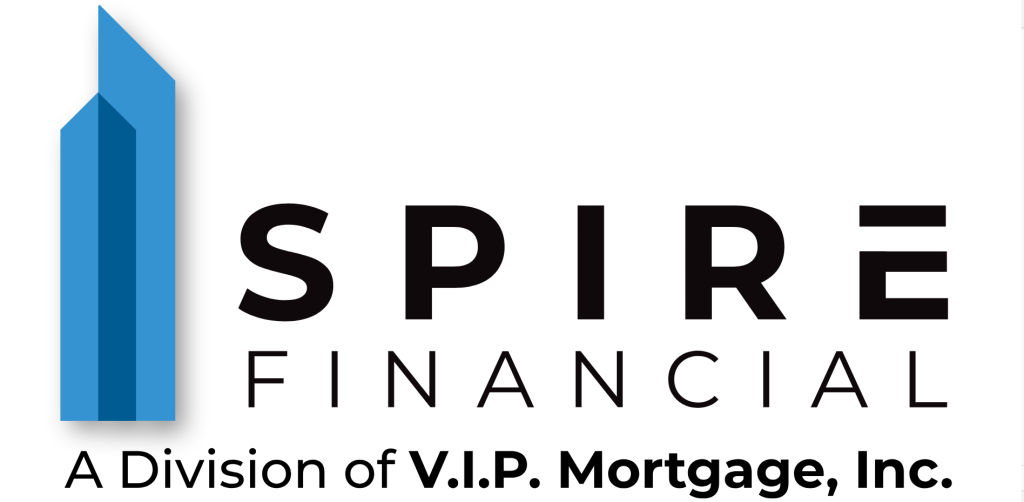Get pre-approved
Your home is likely the biggest purchase you’ll ever make.
If you have cash in your pocket to buy your home, great! Please give us a call. If you don’t have cash to purchase a home, congratulations! You, like virtually all homebuyers, need a financing partner to provide the funding to buy your home.
When you work with Thrive Real Estate, your advisor will guide you through each step of the home purchase process for buyers. And when you honor us with your business, we return the favor by connecting you with our trusted lender relationships. Ready to get started, or have other questions? Contact us.
Getting pre-approved is the first step in the buying process. Mortgage pre-approval assures sellers that you are a serious homebuyer.
You may have heard the term pre-qualification. When you prequalify for a loan, you tell the lender basic information about your assets and income, and the lender gives you a ballpark amount that you might qualify to borrow.
Pre-approval, on the other hand, involves a detailed review of your actual financial situation. After this process, you’ll have a pre-approval letter that tells the seller that you have a commitment from a lender to provide a specific amount of financing. You can then negotiate from a position of power.
What Do You Need to Get Pre-approved?
During the pre-approval process, you essentially complete the first few steps of the mortgage application with your lender. (You’ll update this information later, when you’re ready to seal the deal.) You’ll need to provide your lender with all the information they need for your pre-approval, including:
- Proof of income: You’ll need to provide W-2s for yourself and any co-borrowers, as well as recent pay stubs. If you get other income, like child support, alimony, or bonuses, you should provide that, too.
- Proof of assets: Your lender will ask for bank statements, investment account statements, and explanations for any unusual deposits, including gifts. Your lender can explain the rules about how to fund your down payment, but gifts have different rules than earned and saved income.
- Your credit score: Your lender will pull a credit report to check how good you are at paying back what you owe. The credit report will also help your lender calculate your debt-to-income ratio, a figure that tells lenders if you owe more than you can reasonably repay. Learn more about your credit report and FICO score.
- Proof of employment: In addition to pay stubs, your lender might call your employer to confirm that you work there. If you’re self-employed, your lender will have a long list of additional information you may need to provide, such as tax returns (usually two years), lists, of clients, copies of invoices, and a balance sheet or profit-and-loss statement.
- Legal documentation: Your drivers license, Social Security number, tax records or other background can help verify your legal identity.
- 2 years tax returns: This should include all schedules and attachments.
- Other documents: For example, if you are a current homeowner, you’ll need to provide your most recent mortgage statement, tax bill and insurance statement.
Find a Great Mortgage Lender
In today’s competitive market, it is crucial to work with a lender who is a professional, experienced mortgage specialist. After all, they’ll be your advisor through the entire home buying process. We like to say it this way…when you buy a home, you’re actually buying two things, you’re buying the home and you’re buying the money to buy the home. Your Thrive Advisor will guide you through the home buying process, but you need, and deserve, a professional, experienced mortgage specialist who will guide you through the loan buying process.
Below are the companies that we have had great experiences with over the years. They each provide personal service and take care of our clients with the same level of professionalism as we do.
Click the logos below to learn more about each mortgage lender and connect directly to our contact at each company.



